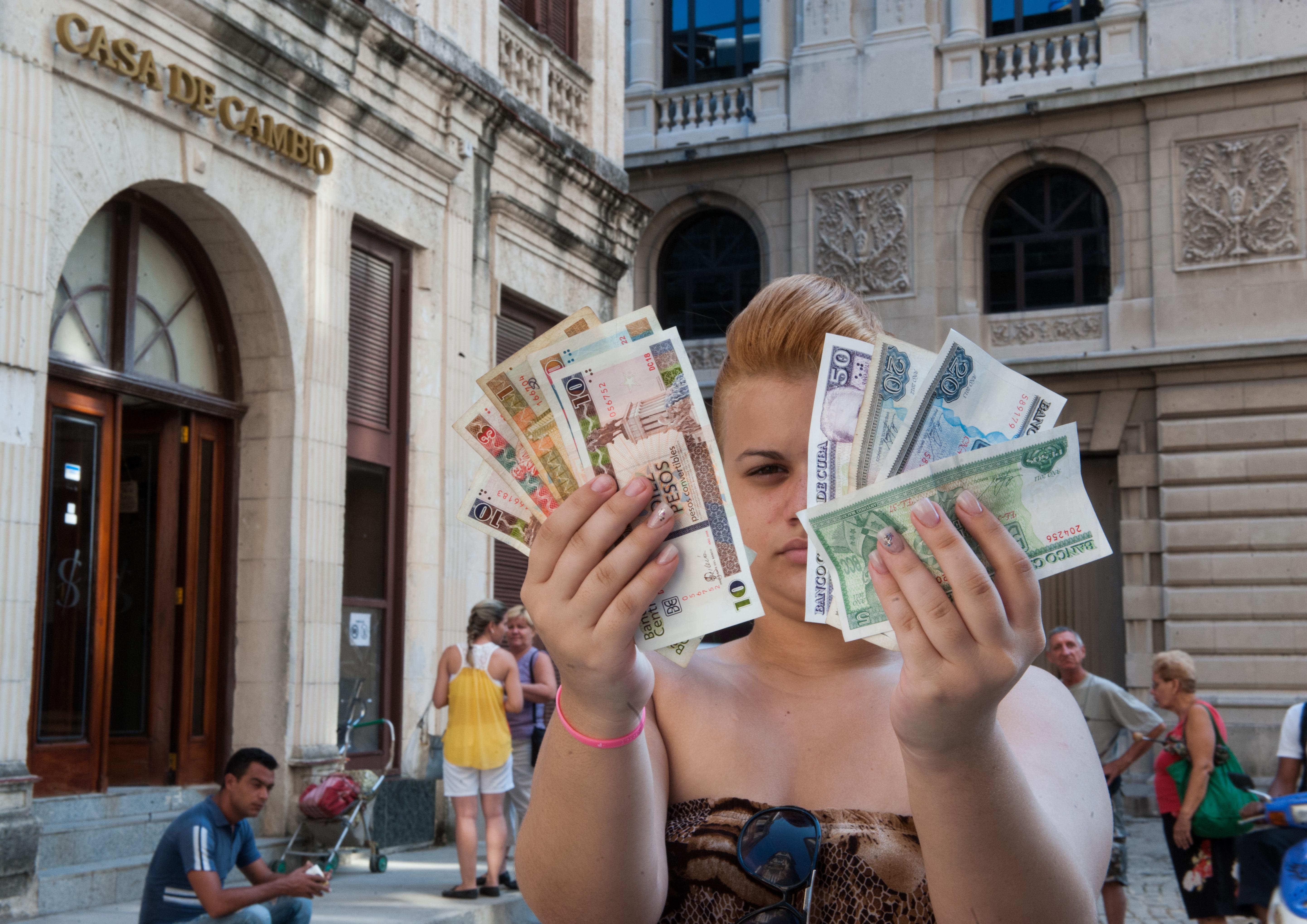Reports out of Cuba on Tuesday show that the country is continuing its economic liberalization by jettisoning its two-tiered currency system, in favor of a single Cuban peso.
The planned change, reported by Cuban state media, will reverse the currency system that’s been in place since 1994 where the country maintained two currencies: one, the CUC, pegged to the U.S. dollar used in the tourism industry and for foreign trade, and another, the CUP, used in the local economy that is worth only a fraction of it’s twin.
The value of the two currencies will gradually be unified, putting an end to a two-tiered currency structure, largely resented by ordinary Cubans, according to the BBC. The point of the different currencies was to protect Cuba’s fragile economy from the fluctuations of global markets. But it has negative consequences domestically, the BBC explains:
[It] angered locals paid in the much lower-value CUP and denied access to goods only available for those with convertible pesos. The policy exacerbated the creation of a two-tier class system in Cuba which divided privileged Cubans with access to the lucrative tourist and foreign-trade sectors from those working in the local economy - all-too-visibly contradicting Cuba’s supposedly egalitarian society.
The unification of the two currencies, Reuters reports, is expected to be a gradual process that could take up to 18 months. The currency change will first apply to businesses, according to Bloomberg Businessweek. The move is the latest effort by President Raul Castro, who took over for his brother Fidel Castro in 2008, to open up Cuba’s economy. Bloomberg Businessweek points out Cuba has already “loosened property laws, allowed the creation of more cooperatives and expanded the list of professions people can pursue outside state-run enterprises. Early this year the government also eased travel restrictions, letting many dissidents travel abroad more freely and return.”
